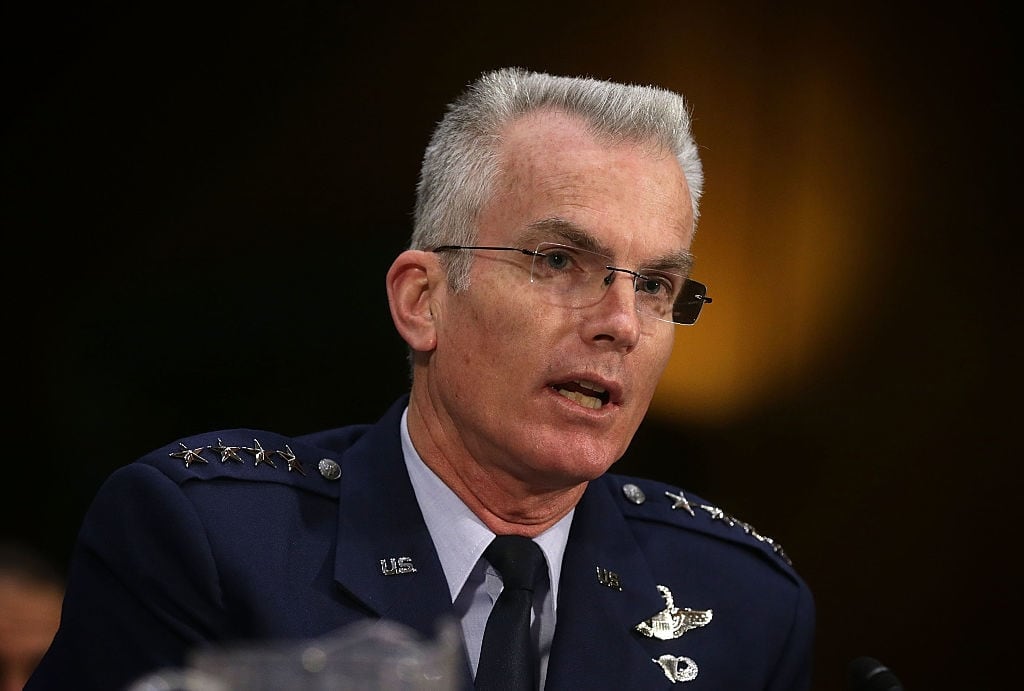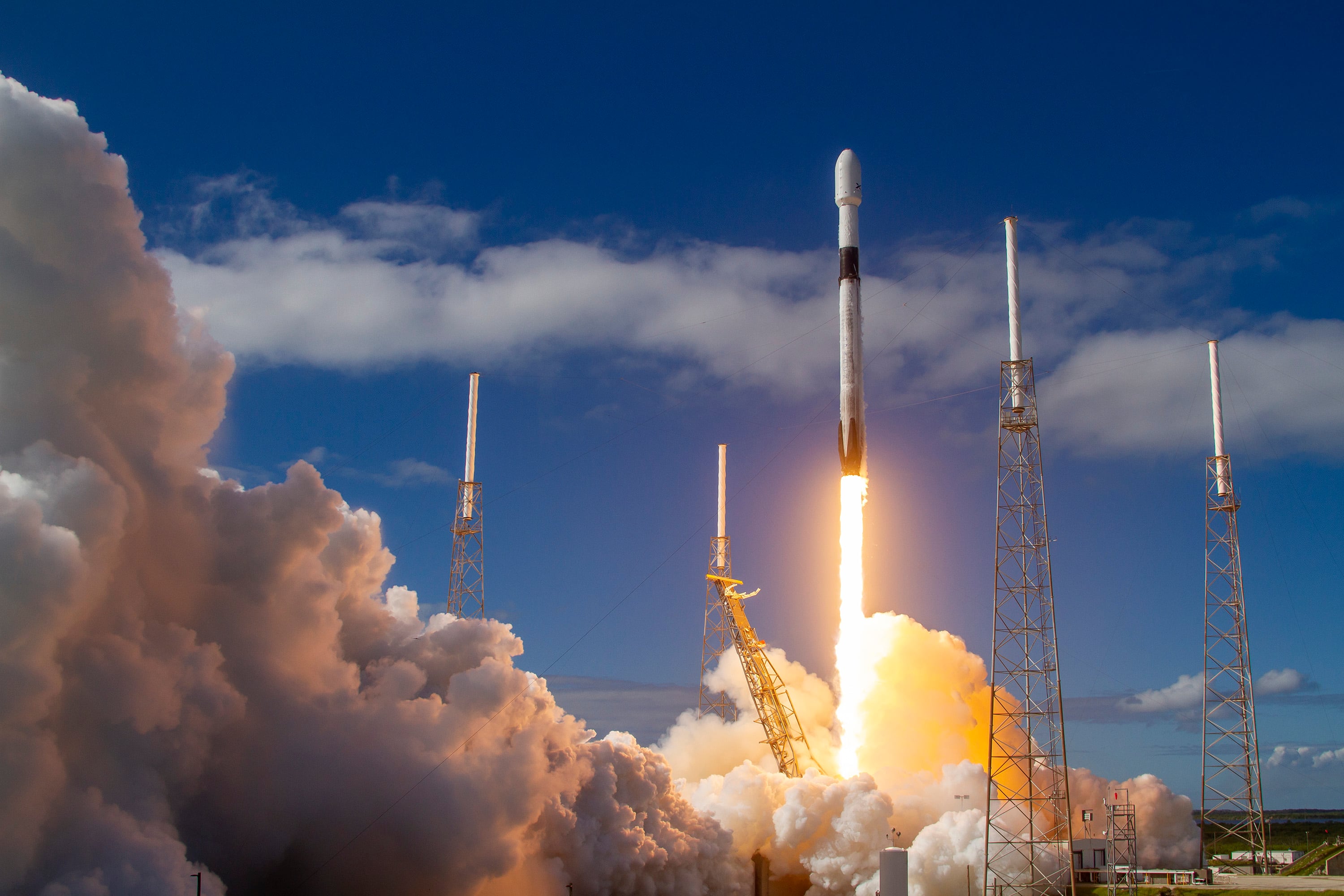SpaceX founder and chief executive Elon Musk dismissed concerns that his company’s Starlink satellite constellation would hurt astronomers’ ability to observe the night sky, a concern raised by some scientists when an initial batch of satellites appeared as a line of bright lights in the sky shortly after deployment.
“I am confident that we will not cause any (interference) in astronomical discoveries. Zero. That’s my prediction,” said Musk at the Satellite 2020 conference March 9. “We’ll take corrective action if it’s above zero.”
RELATED

SpaceX’s plan is for Starlink to provide internet access using hundreds of satellites operating in low earth orbit. The company has already launched more than 300 satellites into orbit, and they are scheduled to launch another batch of 60 March 14. One potential Starlink customer is the military, who has experimented with using Starlink satellites to provide connectivity to military aircraft and have expressed interest in using the constellation to provide broadband to war fighters in the arctic.
Musk said the reflection issues only really occur immediately after launch. The satellites blink when first deployed because they’re tumbling and rising to orbit. Once in their final orbit, Musk said, those issues disappear.
“I’ll be impressed if someone can tell me where all of them are,” said Musk. “So it can’t be that big of a deal.”
Still, the company is working with the science community and astronomers to minimize any potential reflection. Musk said Starlink is running experiments with painting the phased array antenna black instead of white as well as introducing a sun shade to reduce reflectivity.
Musk also denied reports that he was considering splitting Starlink off of SpaceX as a separate business.
“We’re thinking about that zero,” said Musk, meaning not at all.
Musk went on to seemingly suggest that revenue from Starlink would be necessary to fund SpaceX’s broader mission.
“The whole purpose of SpaceX is really to help make life multiplanetary, but the revenue potential of launching satellites, servicing the space station and whatnot, taps out around $3 billion a year,” he said. “But I think providing broadband is more like an order of magnitude more than that, probably $30 billion a year as a rough approximation.”
For now, the SpaceX founder says the company is focused on making Starlink work given how many companies have gone bankrupt trying to do the same thing.
The company is targeting a latency rate below 20 milliseconds, said Musk, allowing users to watch hi definition video, play video games and do anything they want to do online without noticing speed. The ground equipment for users will basically look like a UFO on a stick, he added, with just two simple instructions that can be followed in any order: “Point at sky. Plug in.”
Musk said Starlink won’t run traditional telecommunications companies out of business—in fact, he claimed it would benefit them because it will go after the customers that are hardest for those companies to reach. He saw Starlink reaching users in rural areas, effectively serving the 3-4 percent of customers who are hardest to reach for telecommunications companies. Likewise, Starlink will be less competitive in dense, urban spaces where 5G technologies can thrive.
Nathan Strout covers space, unmanned and intelligence systems for C4ISRNET.








